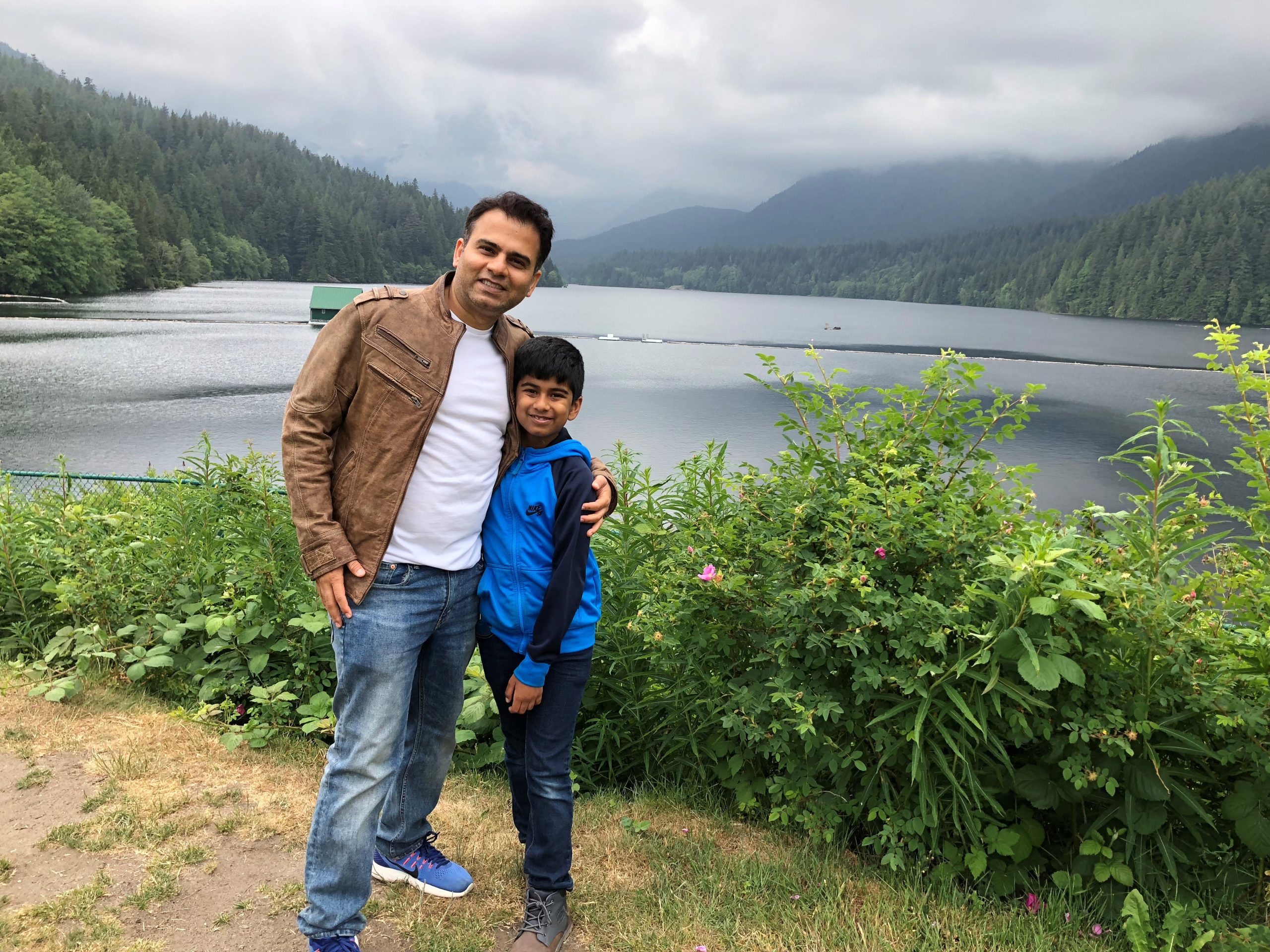Say Hello to Asif Raza Khowaja
We’re excited to welcome Asif Raza Khowaja to our team as a Health System Impact Fellow! Asif holds a PhD in Reproductive and Developmental Sciences (with a major in Health Economics) from the University of British Columbia.
The Health System Impact Fellowship Program provides learning opportunities to BC’s developing health policy researchers by placing them with organizations where they can grow their skills outside of the traditional academic setting. The program is funded in part by the Canadian Institute of Health Services and Policy Research as well as the Michael Smith Foundation for Health Research.
Asif’s work at the Council will focus on the economic evaluation of Clear, a province-wide quality improvement supporting long-term care homes to provide person-centred care for residents with the behavioural and psychological symptoms of dementia.
We caught up with Asif to ask him about his work so far and his first impressions of life at the Council:
What interested you about BCPSQC?
Last year, I attended a conference and learned about the Council’s role in promoting a positive shift in culture through the development of non-technical skills, such as teamwork and communication. Conducting the economic evaluation of quality improvement efforts, specifically with regards to non-technical skills, is an emerging area of research in health economics. This makes the Council a good fit for my Fellowship – I can advance my academic career while generating real-world evidence around cost-effectiveness to strengthen policy arguments for future investments in quality improvement initiatives led by the Council and the Ministry of Health in BC.
What do you hope to get out of your Fellowship?
Coming from a strong academic background, I have found myself living in a small pond (or academic silo). This Fellowship has provided me with a unique opportunity to work with a health system partner organization and network with a diverse stakeholder group, including the public and patient partners in BC. Specifically, I aim to work on three core competencies: change management and implementation; interdisciplinary work; and the evaluation of health-related policies and programs.
What are your first impressions of the office?
I am enjoying this real-world experience. It feels like there is so much to learn – even after a PhD! I appreciate working with a wide range of staff members who each bring a unique perspective/expertise during the team discussions.
The Skype chat group is my favorite, it keeps everybody connected (even those who are working remotely) for day-to-day business and fun stuff! I feel lucky to be surrounded by people who are very supportive and who make the best of the workplace!
I am also super excited to join the weekly lunch club. It’s yet another amazing strategy to pull people out from behind their screens to share a meal together.
What are your plans for after the Fellowship?
I have always wanted to work/teach in academia and make scholarly contributions to improving health care quality and influencing better population-level health outcomes. Now that academic career pathways are becoming more inclusive (as opposed to merely pedagogic approaches) and allowing the partnership with health authorities, industry and other stakeholders, I aspire to become a pragmatic researcher/scientist in the field of health economics and priority setting. With this fellowship, I am on my way to becoming a methodological champion with firsthand experience and strong connectivity with key stakeholders in academia and the health system.
How do you like to spend your time off?
All I need is a fresh mind! I clear my head through sports with my son and playing with my daughter. I also go to the community centre where we offer group prayers and meet new people from all walks of life.
We couldn’t be happier to have such an accomplished and passionate new team member. Welcome Asif!


